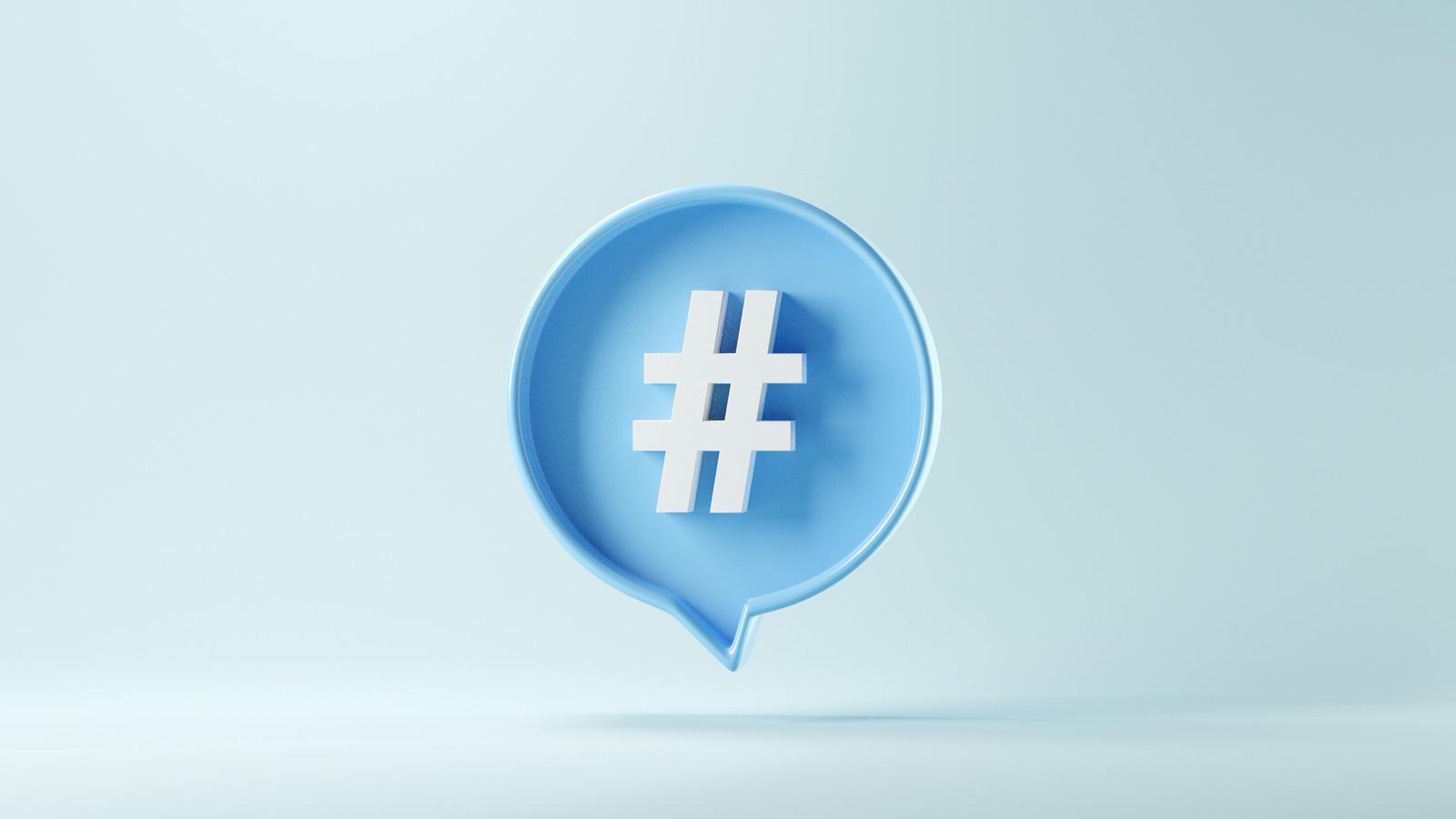Could #MedThreads become the new #MedTwitter?

Last month, Meta, the tech giant behind Facebook, Instagram, and WhatsApp, announced the launch of Threads: a direct challenger to its now rebranded rival, X (Twitter).
Within five days, the platform had clocked up 100 million sign-ups. It wasn’t long before Elon Musk took to X to make his displeasure known. But the arrival of the new kid on the block holds implications far beyond Silicon Valley. With 370 million users worldwide, for many X has become an indispensable tool to share information both in their personal and professional lives.
Healthcare is no exception. From Turin to Tokyo, every day hundreds of thousands of healthcare professionals take to X to share professional insights and to seek solutions to clinical challenges. The implications of Threads and the impact it poses for this information sharing is significant.
Sussing out sentiments in the digital conversation
The problem is that it’s still very early days. Sheer volume of users doesn’t necessarily dictate a platform’s relevance to a given audience. Instead, listening to those shaping and influencing the digital conversation is a far more effective guide.
My team and I tried to analyse the online conversations on social media among healthcare professionals to gauge their feelings towards the new platform. By analysing the sentiment of 100 of the most shared posts of the 7,997 Xs (Tweets) from healthcare professionals, we found that 37 posts expressed negative sentiment towards Threads, while 27 were positive and 35 neutral.
What’s more significant, though, are the reasons driving this negative sentiment among healthcare professionals. Of those that were sceptical, a significant factor surrounded the prospect of having to rebuild established X follower networks and the time and effort that this would require.
These concerns were amplified by frustrations surrounding the lack of hashtags and an non-personalised algorithm on Threads, which some argue make the task of building a community organically even harder. Liz O’Riordan, a breast cancer surgeon, for example, flagged this up and told her followers, “life is too short to cultivate and nurture a community on another platform.” Some of these issues can be addressed by Meta, but the issue of audience transfer cannot.
The separation of private and professional lives
Our analysis also indicated that the audience interchangeability between Instagram and Threads is both a blessing and a curse. While it offers the opportunity for instant audience conversion, it was also cited as a negative because it restricted their ability to separate their private and professional lives in a way that having separate accounts on Instagram and X offers.
As a result of Threads’ symbiotic relationship with Instagram, its user base is generally much younger than the Millennial dominated X. This has led some healthcare professionals to comment that Threads is ‘more insta and smiley-happy’ than X, while others were frustrated that their feeds on Threads are filled with “inspirational quotes and unnaturally positive celebrities.”
Also of note was that 76 healthcare professionals expressed concern on X about Meta’s censorship of free speech, alongside concerns about Threads being a ‘privacy nightmare’. One doctor expressed his dismay that Meta ‘bans’ him anytime he says the word ‘cannabis’.
Threads: More patient-focused than X
Despite this, a significant proportion of healthcare professionals were positive about Threads. Between 5th July and 18th July, 309 healthcare professionals told their followers on X that they would be trying Threads with some even sharing links to their new Threads profile. Stephanie Graff, who we identified as a prominent Digital Opinion Leader (DOL) in oncology, has shared original content on Threads, and has taken a more positive outlook on the new platform’s potential. Eric Topol, another leading voice in the online healthcare professionals’ conversation, has been sharing some of the same scientific content on both Threads and Twitter, and his posts are receiving similarly high levels of engagement on each platform.
Some healthcare professionals appear hopeful that with the changes that developers are promising, Threads could become a good alternative to X, as there is the potential for Threads to become a more patient-focused platform than X.
Notably, without the political legacy of X, some healthcare professionals see Threads as a safer place to address misinformation.
Nevertheless, overall our analysis showed that the sentiment was tipped in X’s favour, but it’s far too early to write Threads off. Some healthcare professionals have seen some impressive engagement already. Also, the platform holds promise as a more effective way for healthcare professionals to engage directly with patients. It’s clear that there’s more to play out between Threads and its more established rival, X.












